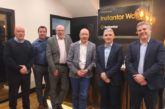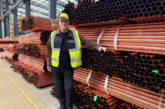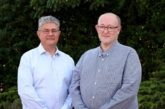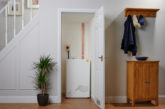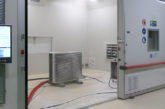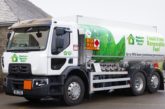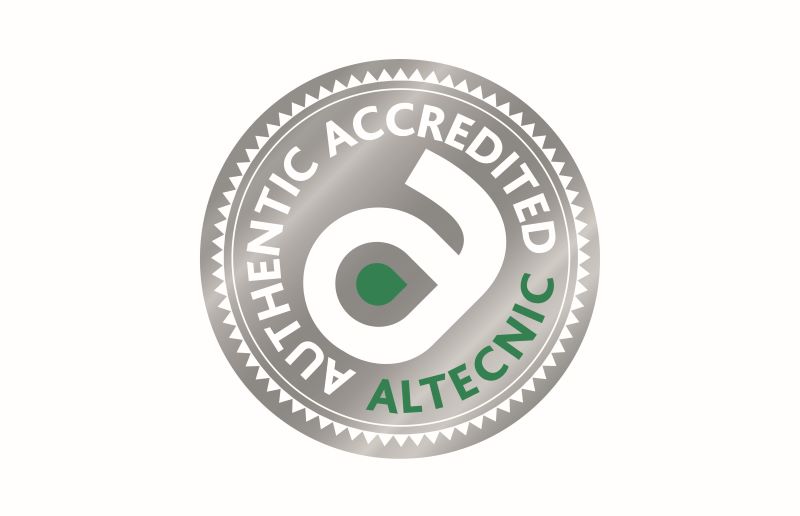
When it comes to ensuring the safety and quality of water-related products, Regulation 4 compliance is paramount. Regulation 4 details the specific requirements for wholesome water fittings, as they must be of an appropriate quality or standard for the circumstances in which they are intended. Three prominent certification bodies, WRAS (Water Regulations Advisory Scheme), KIWA, and NSF International, play significant roles in verifying compliance with Regulation 4. Here, Stephanie Allchurch, Product Development Manager at Altecnic, delves into the details of each certification body and explores why Regulation 4 is important.
Background – What is Regulation 4?
The Water Supply (Water Fittings) Regulations 1999, set out the design, maintenance and operating standards required of plumbing systems in all types of premises, to protect public health and safeguard supplies by preventing:
– Waste
– Misuse
– Undue Consumption
– Contamination
Regulation 4 sits within these water regulations and specifies requirements for water fittings installed within the water supply inside the boundary of a property. It details the specific requirements for wholesome water fittings, as they must be of an appropriate quality or standard for the circumstances in which they are intended.
Legality & Responsibility – Who is accountable?
All systems connected to drinking water in the UK are required by law to be installed using items that abide with water regulations, namely Regulation 4. Failure to adhere to the requirements could result in legal repercussions for the installer.
According to the regulations, the responsibility of compliance when installing plumbing fixtures, water fittings, and appliances is the legal obligation of all users, owners, occupiers and installers. It is the responsibility of water companies to ensure compliance by inspecting new or existing installations and enforcing the legislation.
UK Approval Schemes – How can compliance be ensured?
With Regulation 4 setting the requirements, there are three main certification schemes in the UK which play a pivotal role in verifying compliance with Regulation 4 standards, ensuring that water-related products and materials meet stringent requirements for public health and safeguarding water supplies. These are: WRAS, NSF and KIWA.
Comparing Certification Bodies – Are there any differences?
WRAS contribute to the protection of public health by preventing contamination of public water supplies and encouraging the efficient use of water. This certification scheme has a high level of recognition with installers, manufactures and specifiers as it has been most supported and prominent for many decades. WRAS is purely a certification scheme and they do not offer a service to test or verify products, instead they independently validate and review. In comparison, both KIWA and NSF are classified as functional UKAS test houses.
NSF Reg 4 scope includes mechanical products in contact with drinking water, such as valves, backflow prevention devices, taps, mixers, showers and many more. It also covers non-metallic products such as rubbers, coatings resins and sealants and offers an equivalent certification scheme to WRAS.
KIWA Reg 4 is for manufacturers and distributors of sanitary and plumbing products and components intended for installation in the UK who require compliance with UK Water Regulation 4. Recently adding BS 6920 testing to their scope of accreditation, they offer an equivalent certification scheme to WRAS.
Certification by any of these bodies provides manufacturers, specifiers and installers with assurance that the products they make, specify and install comply with regulatory requirements and adhere to industry best practices. This enhances consumer confidence and trust.
Finding Approved Products – How to ensure an installation is compliant?
Each certification scheme hosts a database with their approved products listed. Specifiers, installers and end users can search these databases to find approved products. These can be narrowed down or searched using keywords, materials, testing specifications, or product groups.
The database includes important specifications like maximum working pressures and temperatures, as well as a scope and description of the product. Markings that are present on the valve, which is most significant when identifying a valve of fitting on site, are also detailed in the database, as well as a list of the models covered on the approval.
Certified products can also be identified by having approved product l from the certification scheme on their product packaging, product page on the manufacturer’s website, and/or on product literature.
As a responsible manufacturer, Altecnic are proud to have a range of relevant products approved by WRAS, KIWA and NSF. To view the company’s full range of approved products please visit www.altecnic.co.uk


